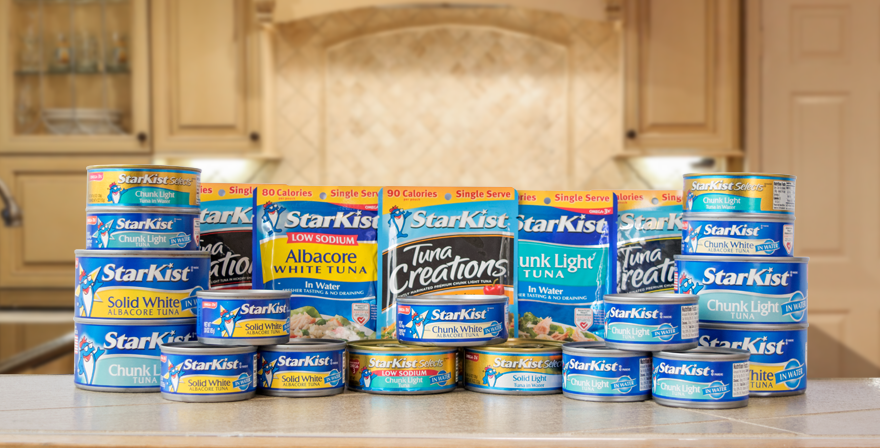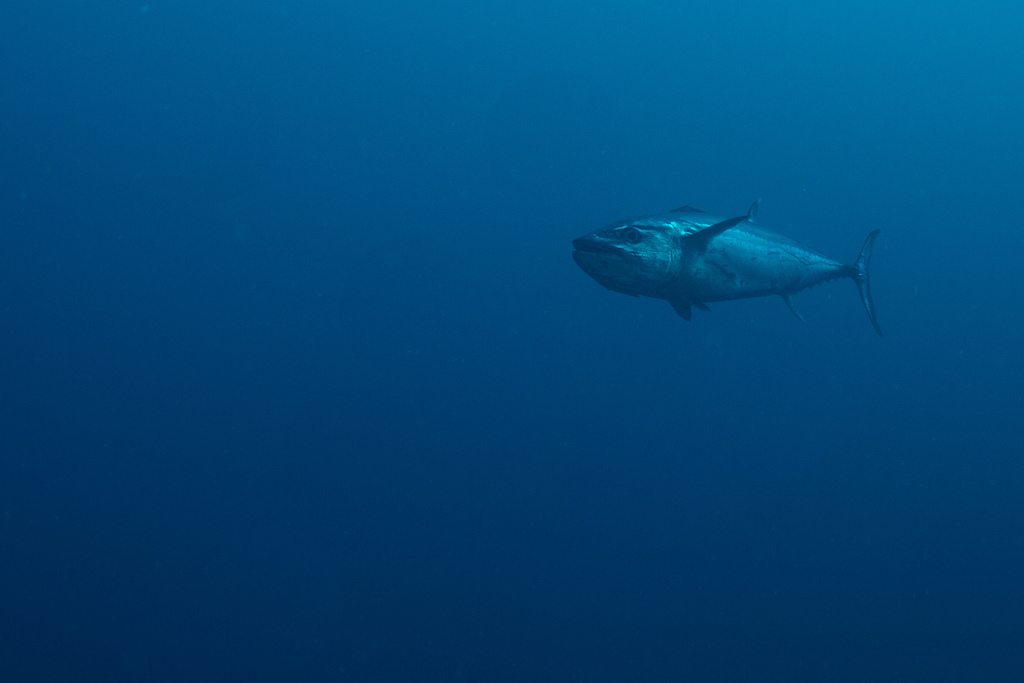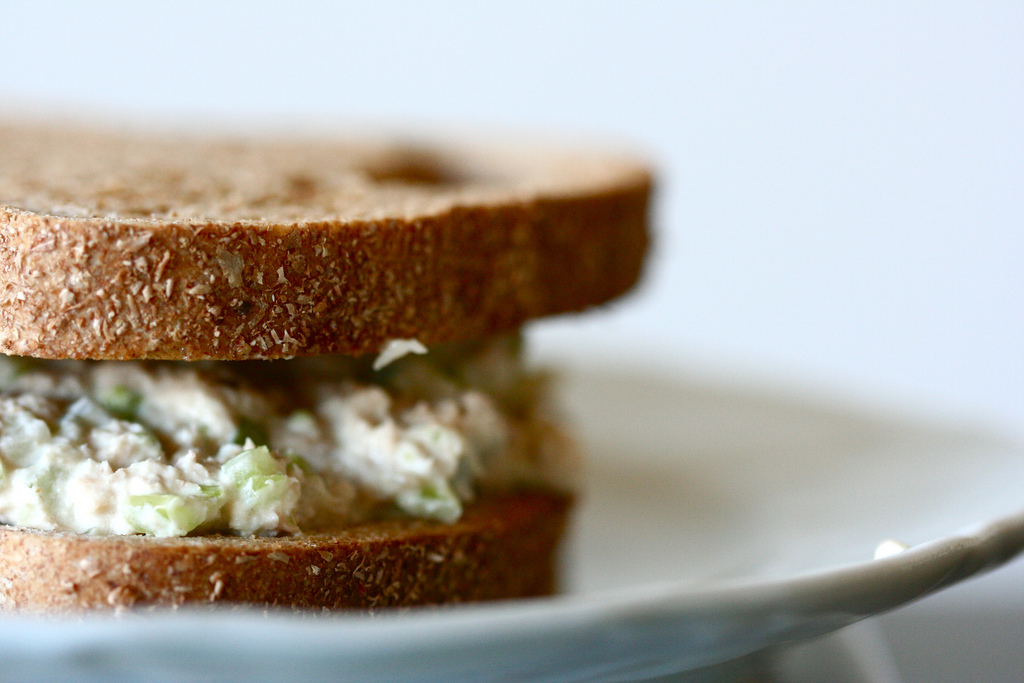
StarKist
The Department of Justice (DOJ) on Thursday announced that StarKist Co. has agreed to plead guilty to a one-count felony charge for its role in a conspiracy to fix prices on packaged seafood sold in the United States.
And so it goes: For nearly two years, I’ve been reporting on this slowly evolving case against the “Big Three” canned seafood suppliers—Bumble Bee, StarKist, and Tri-Union, which owns Chicken of the Sea—and ongoing efforts by DOJ to hold them accountable for allegedly conspiring to keep prices of the other other white meat artificially high.
According to the charge filed Thursday in the U.S. District Court for the Northern District of California in San Francisco, StarKist and its co-conspirators “agreed to fix the prices of canned tuna fish from as early as November 2011, through at least December 2013.” In addition to its plea, the company has agreed to cooperate in the ongoing DOJ investigation.
Thursday’s development comes just shy of six months after a federal grand jury handed down an indictment against Bumble Bee CEO Christopher Lischewski for his role in the alleged price-fixing scheme. It was the most significant criminal charge in the investigation to date. Only very rarely are corporate food executives held accountable for violations of the public’s trust (take, for example, Jack DeCoster and Stewart Parnell). StarKist faces a fine of up to $100 million, though that number will be determined at a later sentencing hearing and could be reduced. Bumble Bee, a company with more than 1,000 employees and doing as much as $1 billion in annual sales agreed to pay significantly less last year—just $25 million.
A total of six charges have resulted from this federal investigation. And the pleas (and lawsuits from major retailers) have kept coming. Since the spring of 2017, StarKist’s former vice president of sales and Bumble Bee’s senior vice president have both pled guilty to price-fixing charges. And as for Chicken-of-the-Sea, it adds a whiff of whistleblower intrigue to this conspiracy morass. In late 2017, Thai Union, the global seafood company that owns Tri-Union, which does business as Chicken of Sea (I know, I know), outed its own American subsidiary as a whistleblower in exchange for leniency.
But that’s enough of the big guys for a moment. How about the average American household and its deep love for one of the most ubiquitous and affordable proteins? Here’s what Assistant Attorney General Makan Delrahim of DOJ’s antitrust division had to say about the rest of us: “The conspiracy to fix prices on these household staples had direct effects on the pocketbooks of American consumers. All Americans have the right to the benefits of free and open competition—the best goods and services at a price free from collusion.”
Couldn’t have said it better myself. Now, you’ll have to excuse me. I’m going to make a tuna sandwich and watch The Informant.










